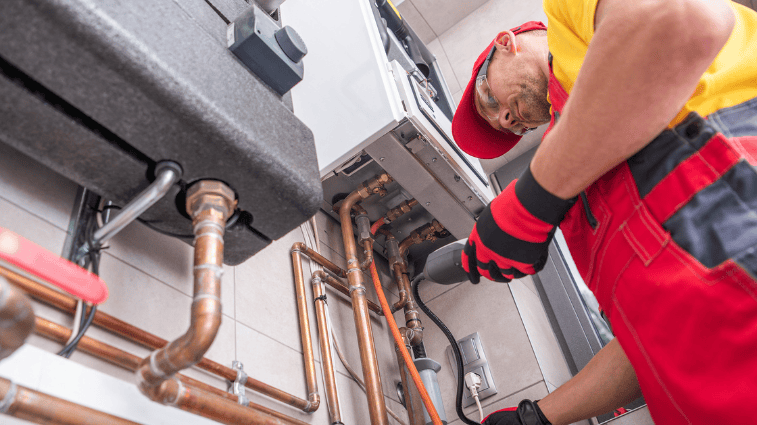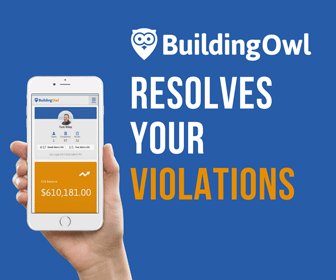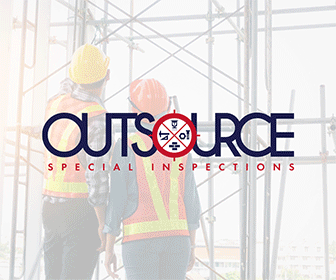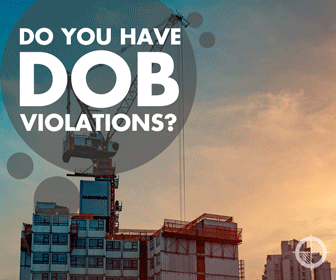
Fire Alarms, Monoxide Alarms, and Gas Detectors – Oh My!
The new natural gas detector requirement is nothing to fear. While it may seem like just another mandate on the laundry list of fire safety requirements, it’s also cheap, easy to install, and bound to save lives.
Following a deadly 2014 gas explosion in Harlem, an East Village restaurant blast in 2015 prompted New York City officials to make serious safety changes to the building code. Local Law 157 proposed a requirement for installing natural gas detectors in all residential buildings, but the ruling couldn’t kick off until a national standard for gas detectors was established. Now all that has changed; effective March 15, 2024, the DOB will officially require the installation of these shiny new gadgets.
According to the final ruling on this law, building owners will have until May 1, 2025, to install detectors inside each dwelling unit on their properties. This applies to:
- Private dwellings.
- Class A multiple dwellings (one-family units).
- Class B multiple dwellings (two-family units).
- In lieu of installing a detector, these dwellings can also be protected by a line-operated zoned natural gas detecting system, installed in all public corridors and public spaces.
However, buildings that do not have gas piping or gas service are exempted from this law altogether. The DOB expects this rule to cover nearly 90% of buildings in the city.
The detector must be installed within 3-10 feet of a fuel-gas-burning appliance, on either the ceiling or a wall. A NYC-licensed electrical contractor must install the device, unless it is battery or plug-powered, in which case, anyone is allowed to handle the installation. This includes (but is not limited to) building owners, building maintenance personnel, and residents.
Conclusion
Every year, unprecedented accidents occur in NYC, and every year the DOB drafts new regulations to prevent them. It’s an uphill battle, but it’s also easy to take for granted how many lives have been saved by past rulings. If not for the infamous Local Law 11 of 1998, which passed after falling debris led to the tragic death of a Barnard student, sidewalk sheds wouldn’t exist to protect the bustling streets of this city. As buildings rise to greater heights and life carries on at the same speed, it’s rulings like LL157 that keep NYC together.
Owners and managers have a year to satisfy the installation requirement. It might seem small, but it could save countless lives and property in the unlikely event of a gas explosion — although, in this city, few things are ever truly unlikely.
When it comes to building codes and zoning, the experts at Outsource Consultants, Inc. are eager to assist. Contact Outsource for more information on this new gas detector requirement, or for guidance with other FDNY requirements, and get your building up to code.
Resources








